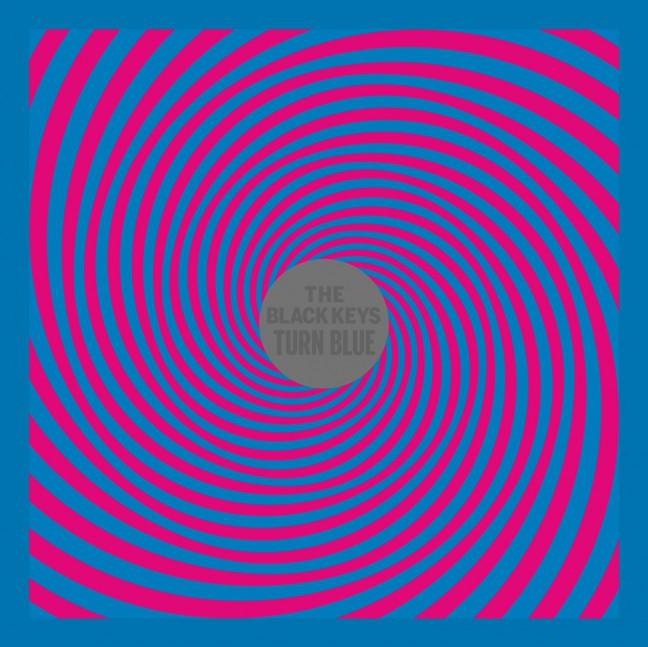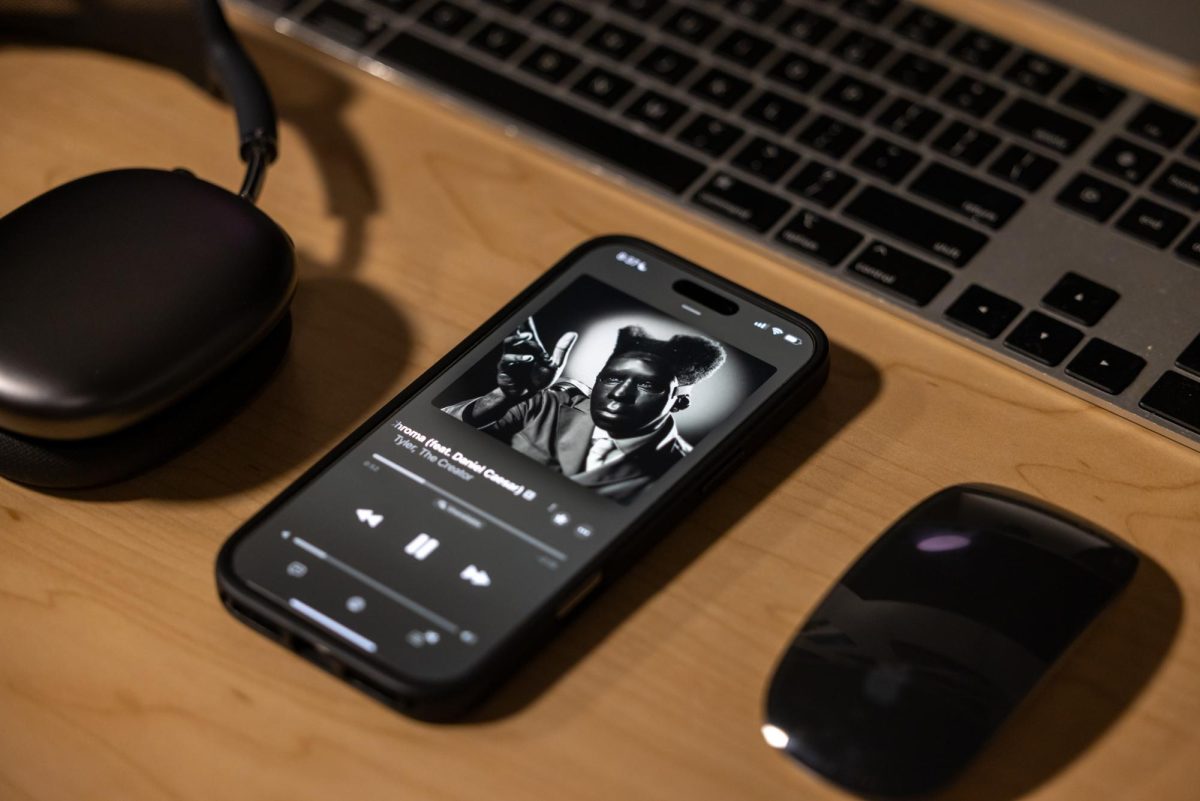The Black Keys have been tracing a distinct arc ever since they emerged in 2002 as a scuzzy garage-rock duo from Akron, Ohio. The band’s debut album The Big Come Up and their next few albums established them as an independent blues act interpreting the likes of Muddy Waters and Robert Johnson through overdriven distortion and raw instrumentation. Moving from the garage to the studio, 2008’s Attack and Release saw an exploration of more radio-friendly territory with veteran producer Danger Mouse that would see them through 2010’s Brothers and the following year’s El Camino.
Lo-fi indie band to arena rock superstars: It’s a path that many a band has followed, straight to bland conformity and ruination. While the Keys don’t seem to have any problem cashing in on their music — like when licensing “Gold on the Ceiling” to the NBA — they have thankfully retained the bite that makes them distinct. A big reason for this is sheer dedication. Guitarist Dan Auerbach is a ubiquitous producer, appearing behind albums from artists as distinct as Dr. John to Lana Del Rey on her forthcoming album, Ultraviolence.
The latest album from The Black Keys, Turn Blue, adds another piece to the group’s story. Sometimes funky, sometimes psychedelic, sometimes pure fun, the album is a logical progression from the straight-up rock El Camino offered. Here, we see the Keys broadening their scope and trying on a few different styles for size. Opener “Weight of Love” is a slow-burning testament to romance that trades weary lyrics for soaring guitar solos throughout its nearly seven minutes. Jumpy, nervous single “Fever” uses twitchy bass lines and eerie organ to evoke sweaty anxiety and a decidedly 60s feel, while closer “Gotta Get Away” takes a simple blues progression and turns it into a propulsive, distinctly enjoyable song in the spirit of classic rock hits.
Just as the Keys took blues standards and added modern touches, the songs on Turn Blue take rock songs and update them for 2014. There’s no real genre-pushing here, just taking what worked in the 60s and 70s and adding crisp production, Keysian flair and a bit more rhythmic backbone to yield a musically-airtight, sonically-pleasing product that adroitly fills a void that exists in the rock-and-roll world right now. The Keys work with a very simple formula and polish and embellish it until it shines like a diamond. There are some very big limitations to working with rock music, limitations that a lot of bands today have forsaken in favor of experimentation and creativity. There’s nothing wrong with that, but we should never forget the power of combining killer riffs with heartbroken lyrics. Turn Blue takes that formula and delivers a set of songs updating old sounds to modern trends in a way only The Black Keys can deliver.
Provided again by Danger Mouse, the production on Turn Blue is immaculate, with the exception of a few songs. Danger Mouse and the Keys hit a sweet spot of involved production that never takes precedence. This album finds the duo playing around with different sounds: the organ on “Fever,” the dominant bass lines on “Turn Blue.” The instruments never overwhelm each other, as is often the case when bands get production-happy. Each piece is arranged with restrained precision, blending together in a way that allows plenty of space for the various sonic textures to establish themselves.
The few songs where the Keys’ ambitions get ahead of them suffer mainly from a feeling of cramming too much into a song. A huge-sounding horn section on “In Time” is unnecessary and distracting, drawing our attention away from Auerbach’s mean riffs and muted guitar scratches. Similarly, Auerbach’s multitracked voice on “10 Lovers” adds too much mass and results in an easily forgettable song. The Keys’ experiments with new sounds often result in pleasant surprises, but their forays into new territory work best when they keep the primitive bite of the blues at the back of their minds.
Still, the moments where Auerbach and drummer Patrick Carney interpret the swirling psychedelia of the 60s through the lens of blues music are what carry Turn Blue tracks like “Weight of Love” — with its drawn-out guitar fireworks — or “Waiting on Words,” where Auerbach shows off his respectable falsetto and exhibits a restrained genius. Likely because of the combined production experience corralled here, the music is expertly arranged and cleanly presented, but with enough personality that it doesn’t fade into robotic obsolescence. From garage rockers through arena superstars, The Black Keys have mastered their art and now have the freedom to take it where they will. This album is no Sgt. Pepper, but it offers hints of what else could come.
4 out of 5 stars














